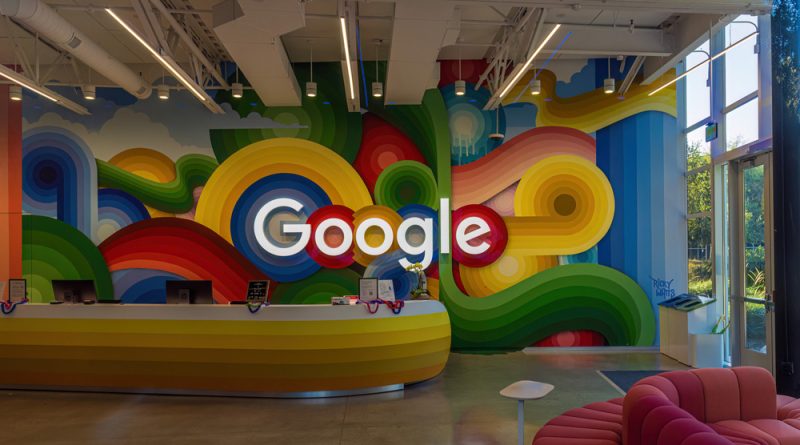Google’s Gemini: A Leap Forward with a Stumble
Thursday brought a buzz in the tech world as Google unveiled a significant pivot in its artificial intelligence strategy with Gemini, the new moniker for its AI chatbot formerly known as Bard. This move is not just a rebranding exercise; it signals Google’s intensified focus on AI, positioning itself as a pioneer in the AI-first business realm. The unveiling of Gemini, alongside an Android app set to replace Google Assistant and the introduction of a premium version, Gemini Ultra 1.0, marks one of Google’s most ambitious product launches in recent memory.
Google VP Sissie Hsiao shared insights in a blog post, emphasizing Gemini’s role in providing seamless access to Google’s advanced AI models. Dubbed Gemini Pro for the standard version and Gemini Ultra for the subscription-based service at $20 a month, this rollout is Google’s counter to OpenAI’s ChatGPT Plus. Beyond chat capabilities, Gemini Ultra subscribers are treated to 2 TB of cloud storage, hinting at the comprehensive nature of Google’s AI ecosystem.
Despite the enthusiasm, the transition to Gemini introduces a blend of groundbreaking advancements and notable disappointments. The initiative to embed Gemini into Android as a Google Assistant successor reveals an ambitious effort to redefine virtual assistance. However, early feedback suggests that Gemini, in its nascent stage, falls short on delivering the basic functionalities users have come to expect from Google Assistant, such as executing voice commands for reminders and controlling smart home devices.
This discrepancy raises questions about the timing and readiness of Gemini’s market introduction. It appears Google is navigating the tightrope of innovation and practical utility, racing to maintain its competitive edge in the fast-evolving AI landscape. The tech giant’s swift pivot to AI integration across its product suite, driven by CEO Sundar Pichai’s vision, underscores a strategic shift towards embedding AI deeply within the fabric of Google’s offerings.
The endeavor to make Gemini a staple in Android users’ lives is a clear statement of Google’s ambition to lead the AI-first era. Yet, as the company grapples with the challenges of making Gemini as reliable and versatile as its predecessors, it’s evident that this journey is both a sprint and a marathon. Google’s foray into enhancing virtual assistance with Gemini reflects a bold step towards a future where AI-driven interactions are the norm, promising a blend of innovation and convenience if the initial hurdles can be overcome.

